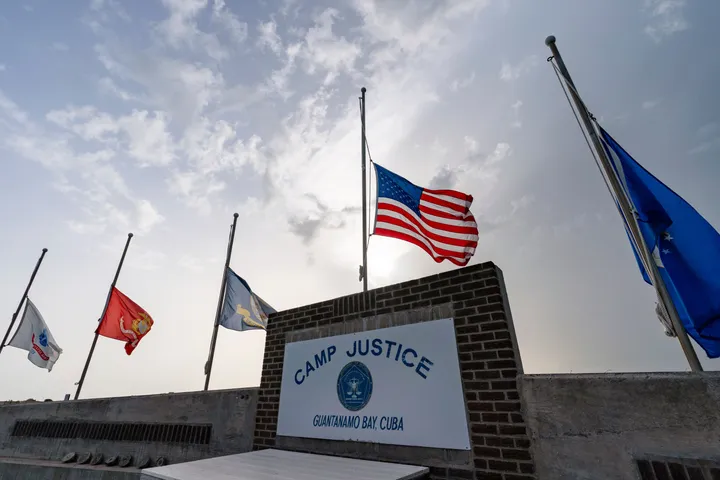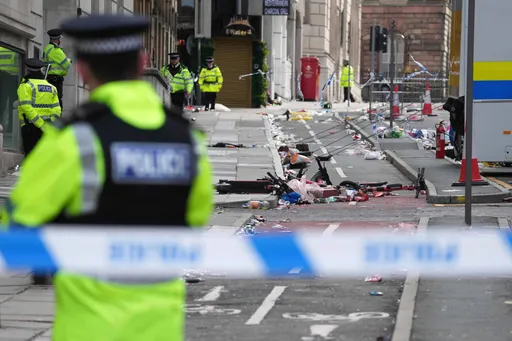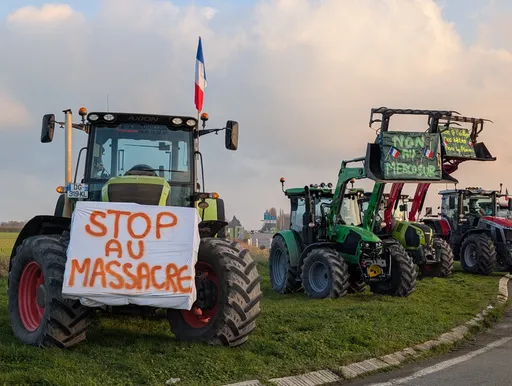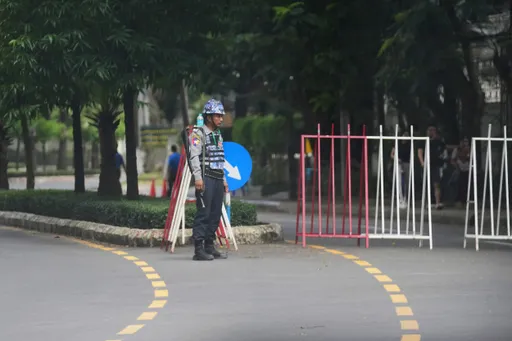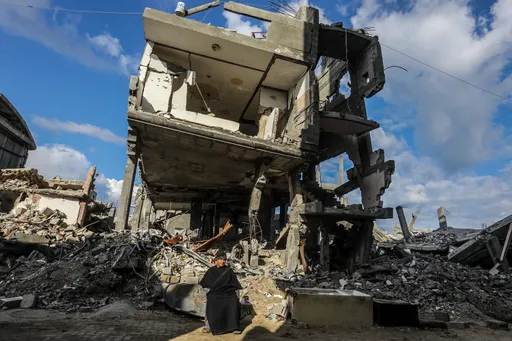Last November, Germany's constitutional court overturned the 2021 Berlin state elections and ordered a re-run, citing the organisational chaos reported at hundreds of polling stations around the city.
The presiding judge said that the decision had to be taken because of the “frequency and gravity” of the mistakes and the “serious systemic flaws” in the preparations that could have altered the election result.
The chaos entailed ballot papers running out in some polling stations while the wrong candidates were listed on many. In some cases, ballot papers were hastily photocopied, and in some places, polling stations had to be closed during the day or remained open longer than the stipulated time.
The fiasco of the 2021 elections led many to call for international election observers for the second round, which, however, never materialised.
But confidence in German democracy has been on the wane since.
A recent survey published by the German Center for Integration and Migration Research suggests that four out of five citizens see democratic values in German as increasingly at risk compared to five years ago.
Nearly 85 percent of those surveyed see it as the task of the federal government to work even harder for a vibrant and robust democracy.
However, for nearly 25 percent of Germany’s population, which comes from a migrant background, other clear and present dangers add to the fast-eroding confidence in German democracy.
Nojustice
Late last year, a 64-year-old man of African descent who has schizophrenia died after police allegedly used excessive force while trying to move him from a shelter for the homeless to a psychiatric hospital.
The victim’s supervisor alleged that one police officer pressed down his knee on the victim’s neck, choking him, which resulted in the patient slipping into a coma and dying three weeks later.
Just over six months later, the public prosecutor closed the case finding no evidence of misconduct, “neither intentional nor negligent” on the part of the 12 police officers involved. The public prosecutor, however, admitted that none of the police officers involved had been questioned.
The director of a victim counselling service said that investigations are often dropped within a few months, and the victims are frequently blamed for their own deaths, whether by asphyxiation or gunshot.
Stories like these cast dread in the hearts of ethnic minorities in Germany, leading to fast dissipating confidence in the police force and the prosecution service.
READMORE: German police accused of ‘racist violence’ over Black man’s death
Rise of the far-right
Predictions made by a prominent anti-fascist activist – the son of a former Nazi general – about Germany slipping into fascism should its economy slide are fast coming true.
Last year, Germany registered 23,000 far-right crimes, a rise of over five percent from 2021, with over 1,100 violent attacks – even as Europe’s biggest economy officially entered recession, according to the latest data released this week.
Activists say the actual hate crime figures could be much higher. In another major blow to democratic values, experts also suggest that many victims do not report incidents to the police, thinking their complaints will not be taken seriously.
According to the latest opinion poll results, the far-right Alternative for Deutschland is now Germany's second-most popular political party.
There is an evident rise in far-right views in Germany, which include arguments towards reducing migration into the country – all signs of growing anti-Muslim and anti-Semitic sentiments.
German authorities registered at least 662 Islamophobic crimes in 2021. More than 46 mosques were attacked, and at least 17 people were injured because of anti-Muslim violence.
Suleyman Demir, project director at the anti-discrimination group, Inssan, said attacks on Muslims and mosques have risen following the coronavirus pandemic.
“We are also increasingly seeing from our community that not only men, but also women who wear the hijab and niqab are exposed to much more physical attacks, like spitting, and this has actually increased significantly in recent years,” he said.
No free press
Recently, two well-known journalists working for the Turkish newspaper Daily Sabah were arrested and briefly detained after dozens of German police officers raided their homes and took away phones, laptops and electronic storage devices. The arrests sparked a diplomatic row between Türkiye and Germany.
The lawyer for the two journalists said the reason for the arrest was a complaint by a member of the FETO, a proscribed terrorist organisation in Türkiye.
The lawyer also said that the German authorities could have invited the journalists and asked them to answer the questions regarding the complaint, which is the usual manner in dealing with such complaints.
In a statement condemning the arrest, the Turkish foreign ministry described the treatment of the journalists as political victimisation, at the very least, and not the function of a healthy democracy.
“Germany, which attempts to lecture the world about freedom of the press and freedom of expression, reveals its double-standard approach,” the statement read.
The Turkish-language Daily Sabah has widely covered the activities of the Fetullah Terrorist Organisation, which orchestrated the failed coup attempt in Türkiye in July 2016.
The German government’s reluctance to extradite key suspects to Türkiye, including ex-generals, bureaucrats or prosecutors involved in the 2016 coup plot, has been a major source of tension between Berlin and Ankara in recent years.
Minority groups, especially, are rightfully worried about dissipating democratic values in Germany, which translates as tightening freedom of speech, political expression and increased threats to life and property.
READ MORE: Germany releases Turkish journalists hours after their controversial arrest

